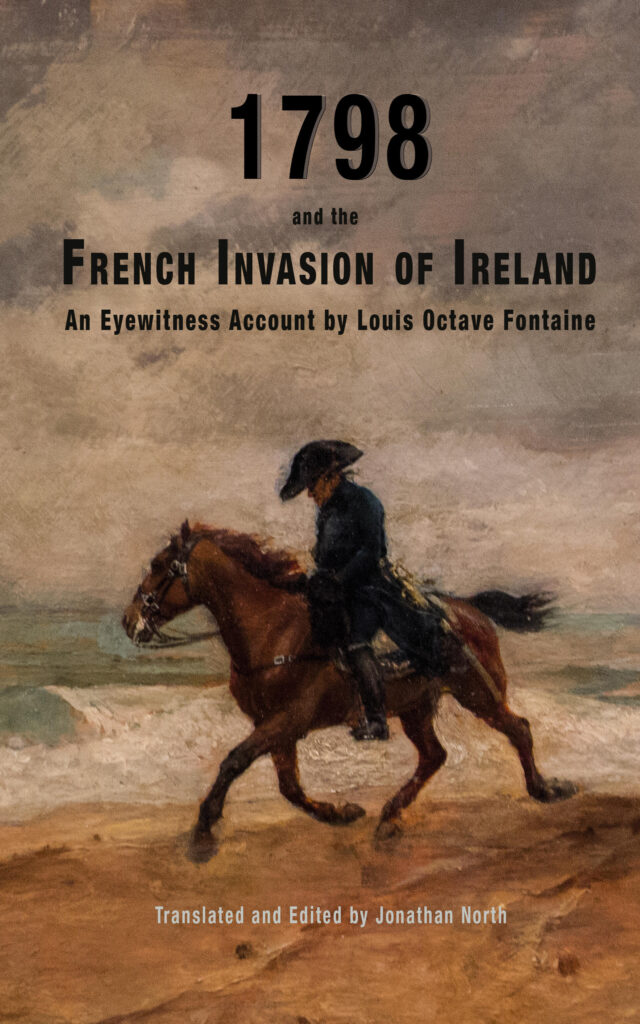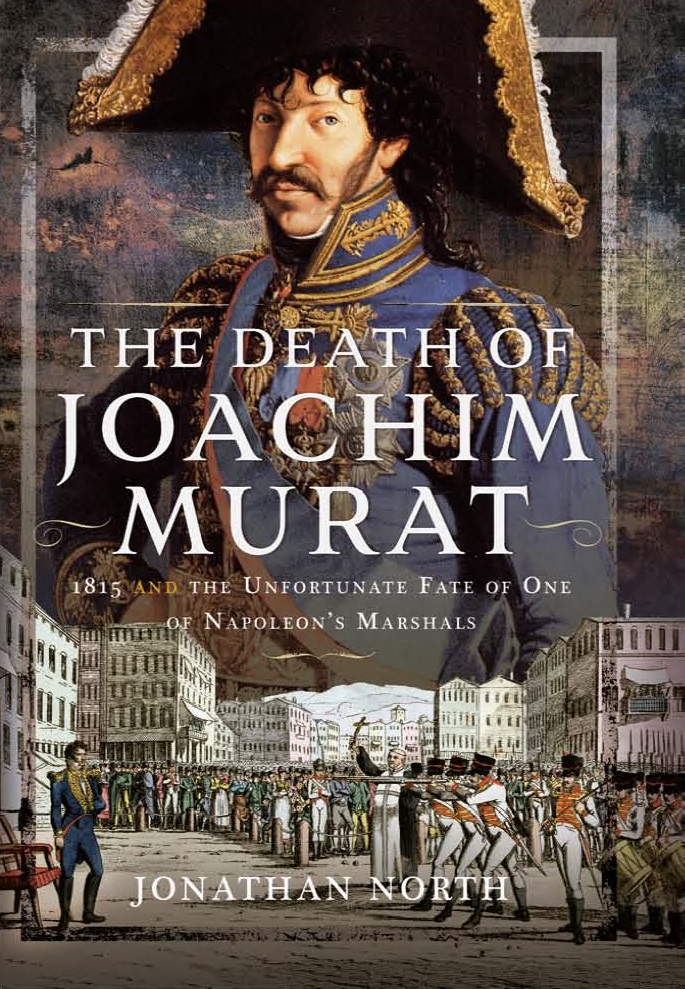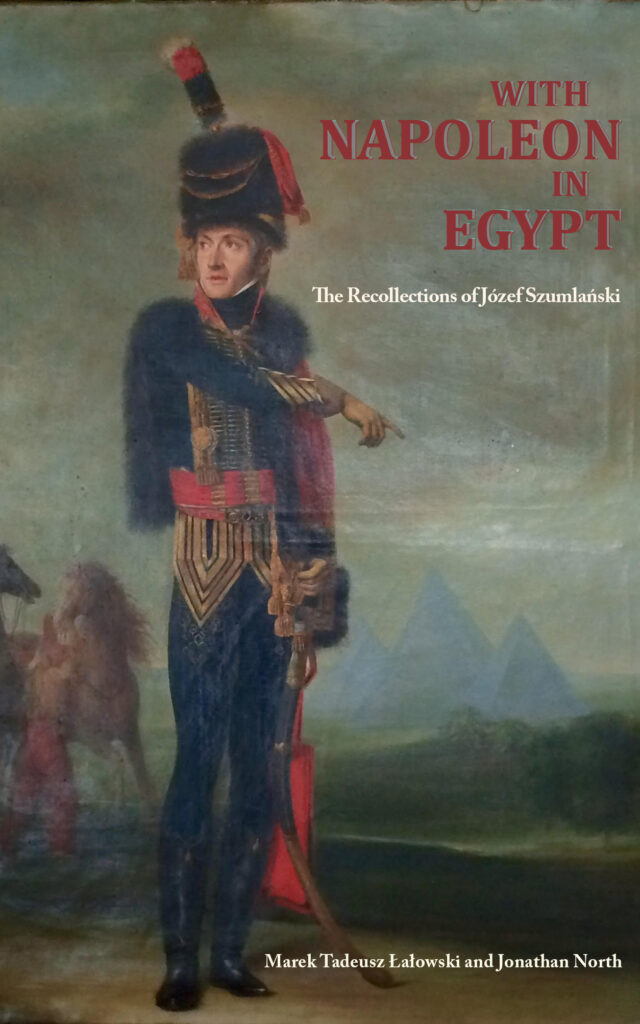I am currently researching Napoleon’s surrender at Rochefort in the summer of 1815. That means I am gathering all manner of eyewitness accounts, all in the hope of telling the story through the eyes of those who were actually present during those startling events. Hopefully more on that later. Meanwhile, here are my recent publications:

1798 and the French Invasion of Ireland: An Eyewitness Account
A short eyewitness account by Louis Octave Fontaine, one of the French officers who accompanied General Humbert’s expedition to Ireland in August 1798. It provides a great overview of this short but dramatic episode commencing with the landing in Killala and ending with Fontaine being taken prisoner at Ballinamuck. French accounts of the campaign are rare, so I hope this will be useful to those wanting to know more about the Irish Rebellion of 1798, the so-called Year of the French, and Irish history more broadly.

The Death of Joachim Murat: 1815 and the Unfortunate Fate of one of Napoleon’s Marshals
Joachim Murat, once king of Naples, and once, too, Napoleon’s most dashing cavalry officer, was shot by firing squad in October 1815. He had been chased from his throne in May 1815 but subsequently captured at Pizzo, Calabria, that autumn after leading a badly misjudged expedition designed to retake Naples. This is the story of that doomed adventure, a lesson in how not to stage a coup and how thin the line is between a fool and a hero.

With Napoleon in Egypt: The Recollections of Józef Szumlański
This short memoir is by a Polish hussar in Egypt. He took part in Napoleon’s expedition in 1798 and witnesses the battle of the Pyramids and entry into Cairo. He then fell ill and was being evacuated back to France when he was captured by the Turks and spent many months in their power before a ransom was paid for him.
PUBLISHED IN SEPTEMBER 2023

Napoleon’s Invasion of Egypt: An Eyewitness History
I have just published an extensive anthology of eyewitness accounts by those soldiers who accompanied Napoleon to Egypt and the Holy Land. It has been wonderfully typeset and produced by Amberley.
Some of the accounts cover the campaigns. The difficult landing. The battle of the pyramids. The entry into Cairo. Then Syria followed by defeat, surrender and evacuation. But there are also many descriptions of Egypt’s culture, climate, monuments and way of life. Plus dancing girls, mirages, scorpions and good coffee.
To see more about my research on the French in Egypt, visit this page